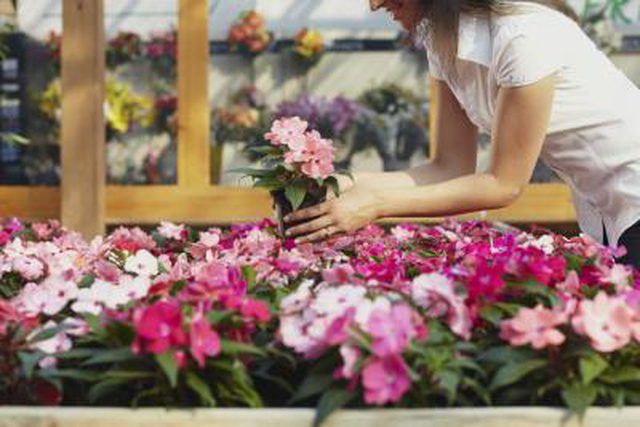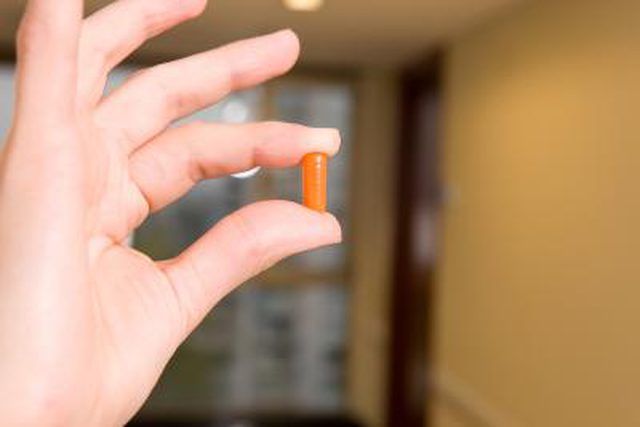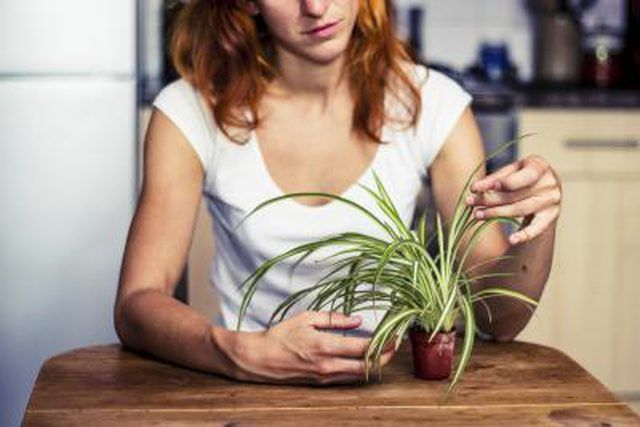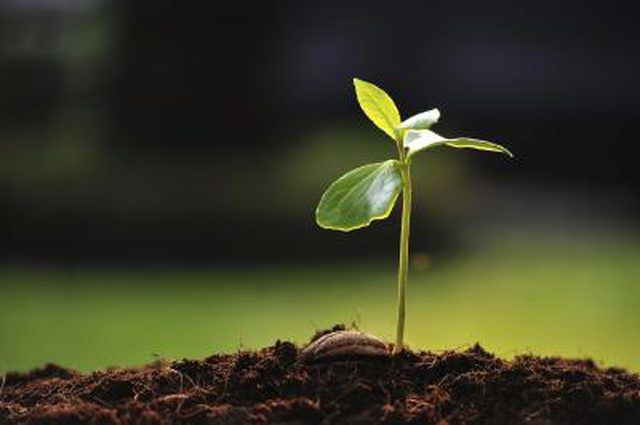Bulbs
Flower Basics
Flower Beds & Specialty Gardens
Flower Garden
Garden Furniture
Garden Gnomes
Garden Seeds
Garden Sheds
Garden Statues
Garden Tools & Supplies
Gardening Basics
Green & Organic
Groundcovers & Vines
Growing Annuals
Growing Basil
Growing Beans
Growing Berries
Growing Blueberries
Growing Cactus
Growing Corn
Growing Cotton
Growing Edibles
Growing Flowers
Growing Garlic
Growing Grapes
Growing Grass
Growing Herbs
Growing Jasmine
Growing Mint
Growing Mushrooms
Orchids
Growing Peanuts
Growing Perennials
Growing Plants
Growing Rosemary
Growing Roses
Growing Strawberries
Growing Sunflowers
Growing Thyme
Growing Tomatoes
Growing Tulips
Growing Vegetables
Herb Basics
Herb Garden
Indoor Growing
Landscaping Basics
Landscaping Patios
Landscaping Plants
Landscaping Shrubs
Landscaping Trees
Landscaping Walks & Pathways
Lawn Basics
Lawn Maintenance
Lawn Mowers
Lawn Ornaments
Lawn Planting
Lawn Tools
Outdoor Growing
Overall Landscape Planning
Pests, Weeds & Problems
Plant Basics
Rock Garden
Rose Garden
Shrubs
Soil
Specialty Gardens
Trees
Vegetable Garden
Yard Maintenance
How Do Vitamins Affect Plant Growth?
How Do Vitamins Affect Plant Growth?. Many people take vitamin supplements to improve their health or to make up for vitamins that may be missing from their diets. Many gardeners assume that plants will benefits from vitamin supplements in the same manner. Scientists have long debated the effects of vitamins on plant growth. Their experiments are...
Many people take vitamin supplements to improve their health or to make up for vitamins that may be missing from their diets. Many gardeners assume that plants will benefits from vitamin supplements in the same manner. Scientists have long debated the effects of vitamins on plant growth. Their experiments are finally yielding some useful answers.

Vitamins are types of chemical compounds. Scientists have identified 13 vitamins essential to human health. Because the human body generally cannot produce vitamins, human must get vitamins through food or through vitamin supplements.

Unlike humans, plants are capable of producing vitamins. In fact, the foods highest in vitamins are plant-based, such as raw fruits and vegetables.

In 2007, researchers in Great Britain and Japan discovered that vitamin C is essential to plant growth. They found that a plant enzyme called GDP-L-galactose phosphorylase is responsible for helping plants make vitamin C. This vitamin is an antioxidant, which helps plants resist stresses caught by environmental changes such as drought and overexposure to UV rays. The researchers genetically altered some plants so they could not produce vitamin C on their own. These plants died as seedlings, suggesting that plant growth required the protective elements of vitamin C.
In 2002 researchers from the University of California examined the effects of adding vitamin B-1 to ornamental plants. They grew three groups of snapdragons. One grew with no additional nutritional supplements. To the second batch the researchers added standard, non-vitamin-enhanced fertilizer. To the final batch they added a combination of fertilizer and vitamin B-1. They found that both the groups treated with fertilizers showed significant growth over the untreated group. However, there was no discernible difference between the vitamin-enhanced fertilizer and standard fertilizer groups. Further studies yielded the same results, suggesting that vitamin B-1 had no effect on plant growth.

Studies on vitamins and plant growth have significant implications for world hunger as well as on consumer choices. The researchers who discovered the importance of vitamin C to plant growth are continuing to test their theories to see if adding vitamin C to plants in harsh climates will help improve crop production. If they are successful, they may offer an opportunity to decrease famine in certain parts of the world.
The research on ornamental plants may be of importance for backyard gardeners, who often spend large amounts of money on commercial fertilizers whose advertisements boast of their added vitamins.
For compounds other than vitamin C, there is little evidence of any positive effect on plant growth. Consumers may be wise to avoid paying higher prices for fertilizers just because they contain added vitamins.

Scientists know that vitamin supplements can harm humans if taken in too high quantities. They are unsure whether plants can experience similar overdoses, even of useful compounds like vitamin C. Supplements should probably only be used in small amounts until further studies determine the proper and safe dosages for plant growth.
